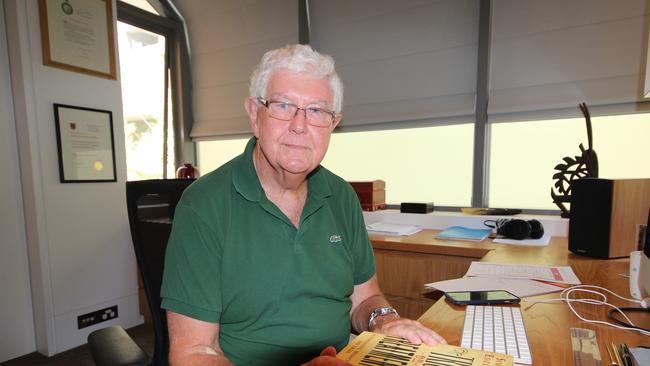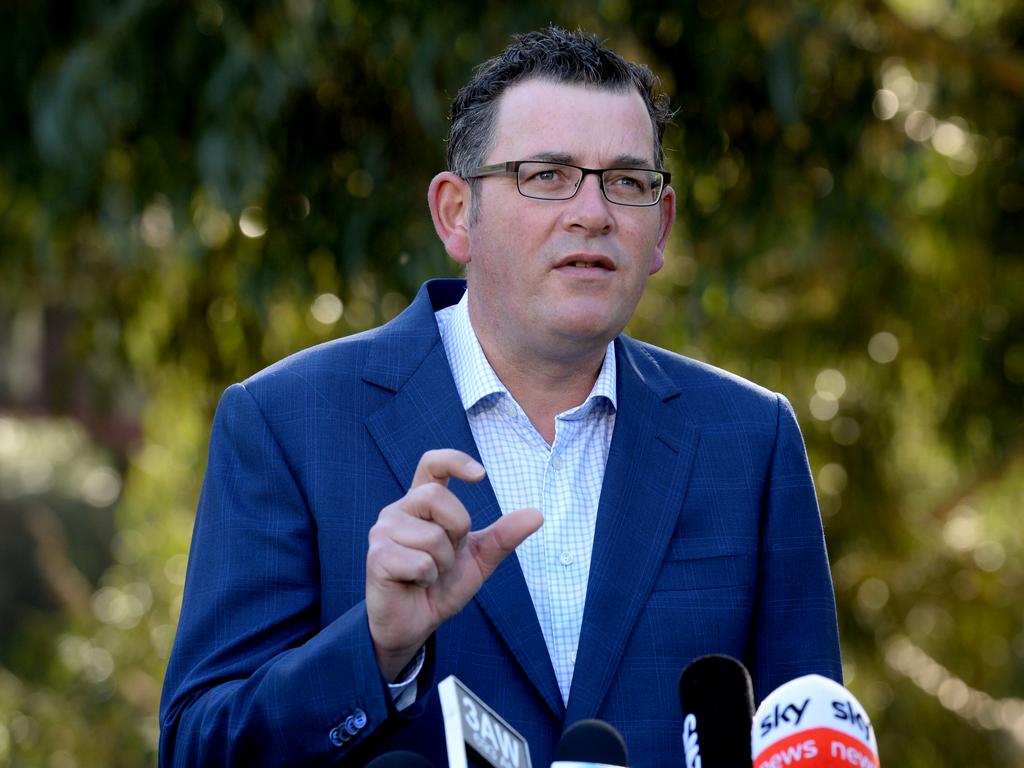Why didn’t others get hotel coronavirus?
It’s the big question around infections of workers who acquired coronavirus from hotel quarantine: why did they not pass it on to anyone else?

It’s the big question around Australia’s recent infections of workers who acquired coronavirus from hotel quarantine: why did they not pass it on to anyone else, despite all being infected with the highly contagious UK strain?
In the three incidents in which the virus escaped hotel quarantine — first in Brisbane, then in Perth and then Melbourne — each infected patient did not pass the virus on to anyone at all.
Lockdowns were ordered in Brisbane and Perth, but the virus did not spread to a single person in the community.
Perhaps it was just good luck, but there could be a medical explanation. Immunologist John Dwyer, an emeritus professor at the University of NSW, has one theory. “It’s possible these workers got infected by people who are close to the end of their course with COVID-19, a person who was shedding the virus but not in an infectious form,” he says.

“In that case, you would still be able to contract the virus, but not to pass it on because it’s a non-viable virus. You could pick up remnants of the virus but it wouldn’t be in a form that’s going to cause any disease or multiply in the person who is infected.”
Professor Dwyer says the PCR tests that diagnose COVID-19 are extremely sensitive and would give a positive result even if an infected person has contracted only remnants of the virus.
“When you get a positive test, it doesn’t tell you whether you’re infectious or not,” he says. “Most of most of the time you will be, but not invariably.”
Raina MacIntyre, head of the biosecurity program at the University of NSW, has a similar theory. She believes the infections in people who caught coronavirus from quarantine patients may have been detected many days after they contracted the virus, when no longer infectious.
“They could have had a false negative test in hotel quarantine but actually been infected,” Professor MacIntyre says. “The peak infectiousness is extremely early in the infection, so if it’s quite late in the piece by the time you get a positive test, it could be that peak infectiousness has passed. You are at your absolute peak of infectiousness two days before symptoms start and on the first day of symptoms. After that, infectiousness declines exponentially.”
It’s been estimated that each person infected with the UK strain will pass it on to 3.4 people, compared with the original strain in which an infected person will pass the virus on to 2.5 people.
It’s possible the UK strain may not be as infectious in Australian conditions as in Britain, according to infectious diseases physician Sanjaya Senanayake.








To join the conversation, please log in. Don't have an account? Register
Join the conversation, you are commenting as Logout